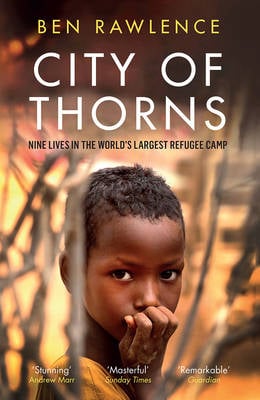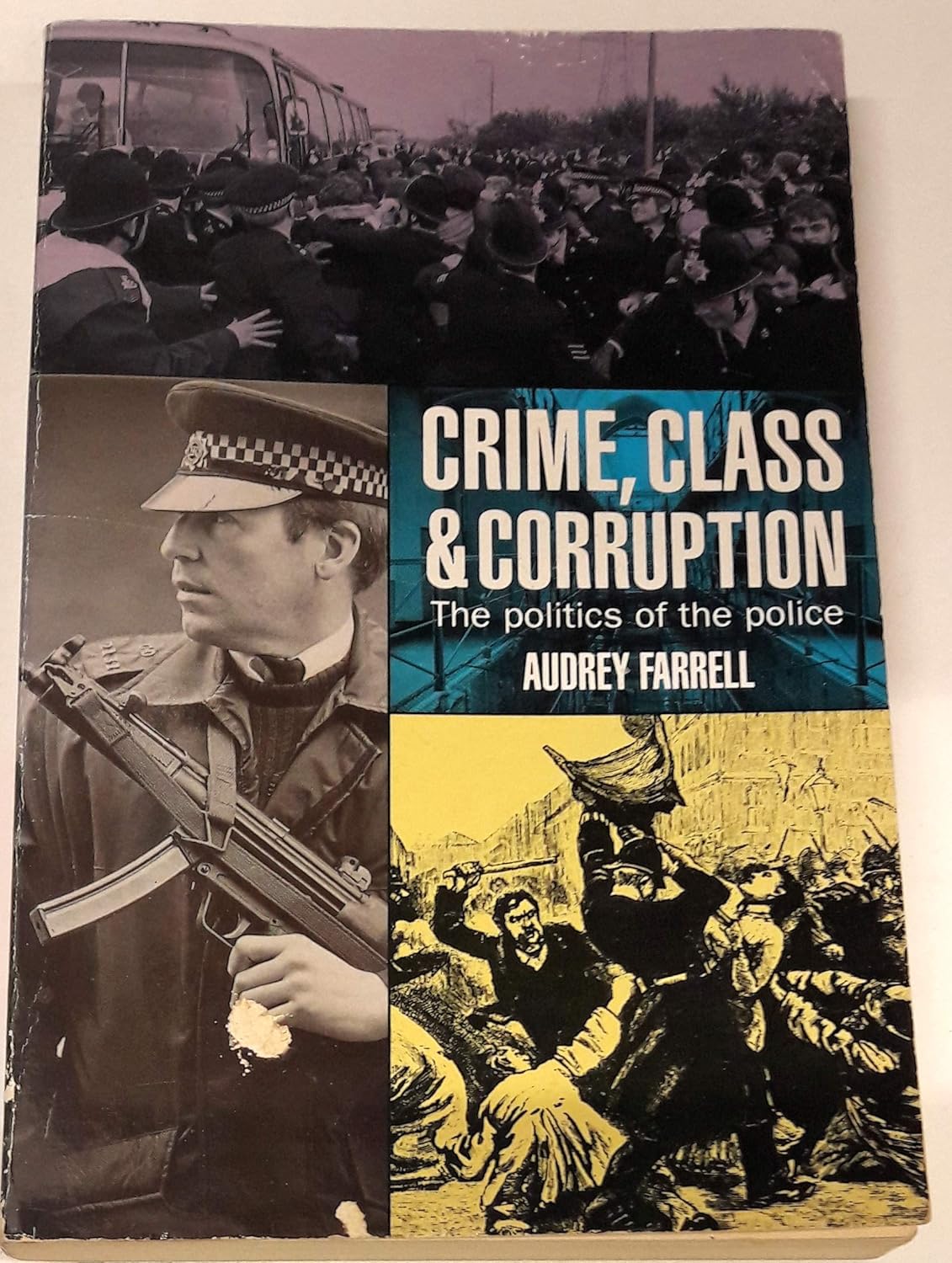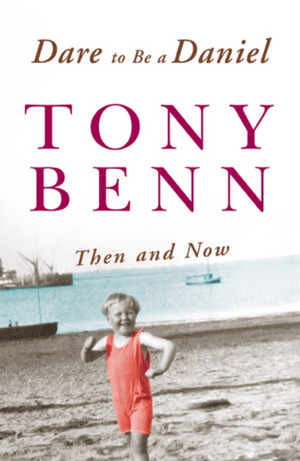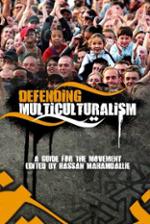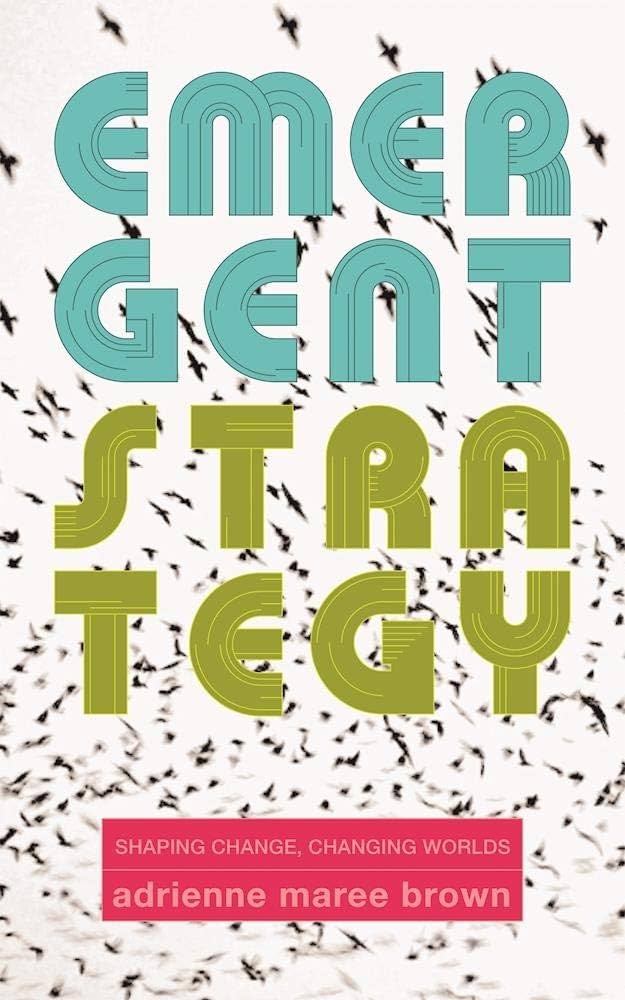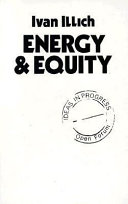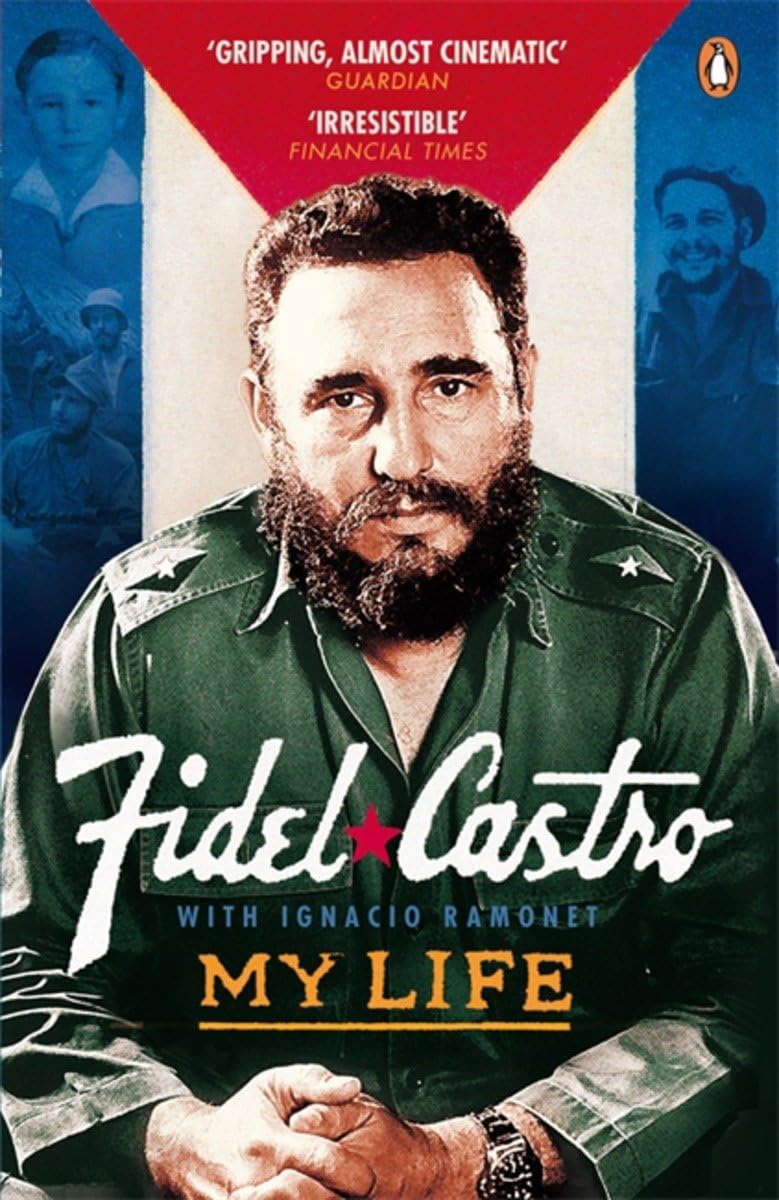To the charity workers, Dadaab refugee camp is a humanitarian crisis; to the Kenyan government, it is a 'nursery for terrorists'; to the western media, it is a dangerous no-go area; but to its half a million residents, it is their last resort.
Situated hundreds of miles from any other settlement, deep within the inhospitable desert of northern Kenya where only thorn bushes grow, Dadaab is a city like no other. Its buildings are made from mud, sticks or plastic, its entire economy is grey, and its citizens survive on rations and luck. Over the course of four years, Ben Rawlence became a first-hand witness to a strange and desperate limbo-land, getting to know many of those who have come there seeking sanctuary. Among them are Guled, a former child soldier who lives for football; Nisho, who scrapes an existence by pushing a wheelbarrow and dreaming of riches; Tawane, the indomitable youth leader; and schoolgirl Kheyro, whose future hangs upon her education.
In City of Thorns, Rawlence interweaves the stories of nine individuals to show what life is like in the camp and to sketch the wider political forces that keep the refugees trapped there. Lucid, vivid and illuminating, here is an urgent human story with deep international repercussions, brought to life through the people who call Dadaab home.
A mass movement has swept across the globe. It has sparked new debates and questions about imperialism in the 21st century. Anti-Imperialism brings together some of the leading activists and writers in the anti-war movement to look at the issues, main players and regions most affected by imperialism past and present. This handbook is essential for activists everywhere. Contributors include Tariq Ali, George Monbiot, Tony Benn, Louise Christian and many others.
A classic work in Black history by this renowned Chicago journalist that explored, at the dawn of the civil rights era, the status of race relations in the United States and what was then described as the 'Negro problem'.
Born into a family with a strong, radical dissenting tradition in which enterprise and public service were combined, Tony Benn was taught to believe that the greatest sin in life was to waste time and money. Life in his Victorian-Edwardian family home in Westminster was characterised by austerity, the last vestiges of domestic service, the profound influence of his mother, a dedicated Christian and feminist, and his colourful and courageous father, elected as a Liberal MP in 1906 and later serving in Labour Cabinets under Ramsay MacDonald and Clem Atlee. Benn followed in his father's footsteps, becoming one of the most famous and respected figures in modern British politics.
Dare to be a Daniel feelingly recalls Tony Benn's years as one of three brothers experiencing life in the nursery, the agonies of adolescence and of school, where boys were taught to 'keep their minds clean' and the shadow of fascism and the Second World War with its disruption and family loss. This moving memoir also describes his emergence from World War Two as a keen socialist about to embark upon marriage and an unknown political future. The book ends with some of Tony Benn's reflections on many of the most important and controversial issues of our time.
A vibrant, hard-hitting and informative collection of essays that sets out to defend Britain's multicultural way of life. The contributors challenge David Cameron and others' assertions that multiculturalism is to blame for dividing society. The best thinkers and writers in politics, academia and activism tackle questions such as 'Has Multiculturalism Failed?' 'The Threat of the English Defence League' and 'Are the White Working Class Excluded?'. This accessible book is a must have for all those who want to celebrate, defend and extend Britain's diverse society.
Inspired by Octavia Butler's explorations of our human relationship to change, Emergent Strategy is radical self-help, society-help, and planet-help designed to shape the futures we want to live. Change is constant. The world is in a continual state of flux. It is a stream of ever-mutating, emergent patterns. Rather than steel ourselves against such change, this book invites us to feel, map, assess, and learn from the swirling patterns around us in order to better understand and influence them as they happen. This is a resolutely materialist "spirituality" based equally on science and science fiction, a visionary incantation to transform that which ultimately transforms us.
In 1948, the SS Empire Windrush, carrying hundreds of young men and women from the Caribbean, docked in Southampton. The ship's arrival signalled the beginning of a mass migration which was to have profound effects on Britain for the next 50 years. This anthology charts those 50 years. In poetry, fiction, journalism and essays, and addressing themes such as identity, racism, education, sexual identity, entertainment and leisure and black on white, 'Empire Windrush' is a groundbreaking book of enormous historical and contemrporary relevance.
In this essay, Illich examines the question of whether or not humans need any more energy than is their natural birthright. Along the way he gives a startling analysis of the marginal disutility of tools. After a certain point, that is, more energy gives negative returns. For example, moving around causes loss of time proportional to the amount of energy which is poured into the transport system, so that the speed of the fastest traveller correlates inversely to the equality as well as freedom of the median traveller.
The acclaimed autobiography of Fidel Castro, one of the towering political figures of our age, who dominated both Cuba and the world stage for over half a century.
Here Castro tells his story in full for the first time, speaking openly about everything from his parents and earliest influences to his imprisonment, guerrilla war and the Cuban revolution and on to the Bay of Pigs, the missile crisis and his relationship with Che Guevara. He also remembers the people he knew, from John F. Kennedy to Ernest Hemingway. Whatever your views on Castro are, this is an essential record of an incredible life - and even more extraordinary times.
'Cubaphiles are all the richer for this book ... Castro's prodigious gifts are well displayed: his formidable erudition, steely discipline, epic curiosity and his astute grasp of history' Financial Times
'Castro's life has been extraordinary and he can tell a good story' Evening Standard
First published in 1978, and winning the Martin Luther King Memorial Prize for that year, Finding a Voice established a new discourse on South Asian women's lives and struggles in Britain. Through discussions, interviews and intimate one-to-one conversations with South Asian women, in Urdu, Hindi, Bengali and English, it explored family relationships, the violence of immigration policies, deeply colonial mental health services, militancy at work and also friendship and love. The seventies was a time of some iconic anti-racist and working-class struggles. They are presented here from the point of view of the women who participated in and led them. This new edition includes a preface by Meena Kandasamy, some historic photographs, and a remarkable new chapter titled 'In conversation with Finding a Voice: 40 years on' in which younger South Asian women write about their own lives and struggles weaving them around those portrayed in the book.

